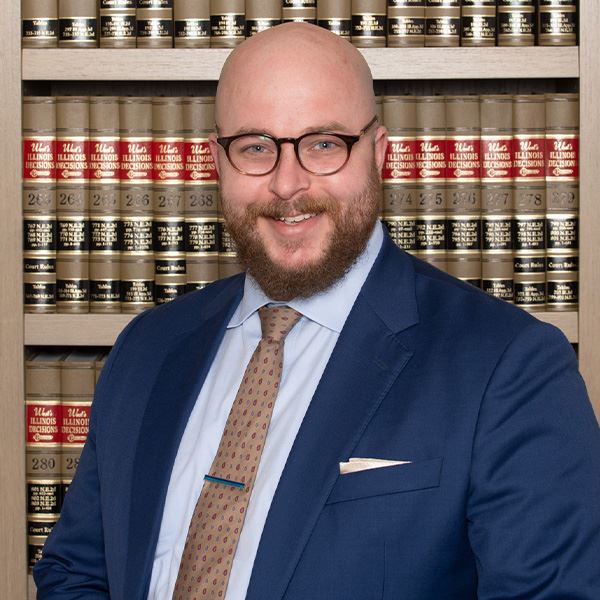In a recent binding opinion, the Illinois Attorney General’s Public Access Counselor addressed the issue of whether a public body may take final action in a closed session to approve the minutes of prior closed sessions. The case arose from a complaint by a trustee from the Village of Skokie, who alleged that the Village Board had violated the Open Meetings Act by voting to approve closed session minutes during a closed session on October 2, 2023, without taking any subsequent action to approve the closed session minutes in open session.
The Public Access Counselor’s analysis focused on two key sections of the Act: Section 2(c), which allows for closed sessions to discuss certain subjects, including the minutes of other closed sessions; and Section 2(e), which requires that final action be taken in open session following a public recital of the matter being considered. Ultimately, it found that while the Act permits discussions of closed session minutes in private, the final action to approve closed session minutes—like all other final action—must be taken in open session.
The Public Access Counselor rejected the Village’s concerns about potentially compromising the confidentiality of closed session discussions. It reasoned that the public recital required before a public body takes final action must merely “announce the nature of the matter under consideration, with sufficient details to identify the particular transaction or issue, but need not provide an explanation of its terms or significance,” citing the Illinois Supreme Court’s opinion in Bd. of Educ. of Springfield Sch. Dist. No. 186 v. Att'y Gen. of Illinois, 2017 IL 120343.
Being found in violation of the Open Meeting Act, the Village Board was instructed to include the approval of the closed session minutes in the agenda of its next open meeting, with an appropriate public recital preceding the vote. This decision highlights the difficulties public bodies face in balancing their legitimate interest in confidentiality for certain matters against the public’s interest in open governance, and it serves as a stark reminder of the need to strictly comply with the Act’s provisions and ensure decisions are made with necessary transparency.
Should you have any questions regarding this opinion and how it may affect your organization, or if you require assistance with a local government legal issue, please contact Mark J. Kimzey at mkimzey@airdowerwas.com or (312) 506-4461.


